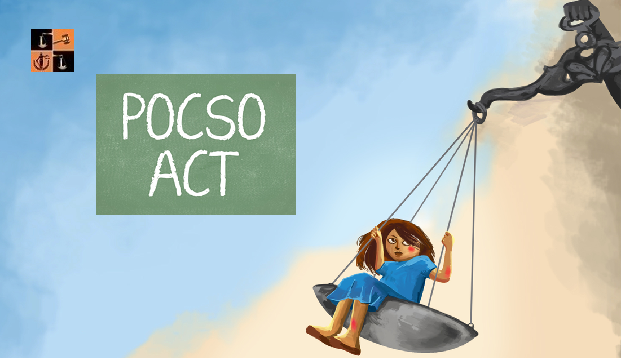The Punjab & Haryana High Court while allowing a petition of a man accused under POCSO seeking to examine an official of UIDAI, in an attempt to show that the prosecutrix is not a minor observed that the accused wanted to examine the concerned official of the Regional Office of UIDAI Authority to allow him to produce the relevant record from UIDAI Authority and such evidence may be produced to facilitate a just decision.
Brief Facts:
The petitioner was accused of rape and aggravated sexual assault after POCSO filed the present petition seeking directions to summon a UIDAI official to produce Aadhar details of the prosecutrix, aiming to establish that she was not a minor.
Contentions of the Applicant:
The learned counsel appearing on behalf of the petitioners contended that the case under Section 6 of the POCSO Act was not made out as the victim was not a minor and had produced a false record regarding her age. It was submitted that the petitioner was able to find the Aadhar Card of the prosecutrix, wherein, the date of birth of the prosecutrix was shown to be 01.01.1999. Learned counsel further contended that before the UIDAI authority, the prosecutrix herself must have entered her date of birth and, therefore, it needs to be proved by way of evidence by the petitioner before the trial Court to show that actually, she was above the age of 18 years on the date of the alleged occurrence.
Contentions of the Respondent:
The learned counsel appearing on behalf of the respondent contended that in view of the provisions contained under Section 33(1) of the Aadhar Act, the information as sought by the petitioner, could only be provided by UIDAI, in pursuance to an order passed by this Court and no order by this Court could be made without giving an opportunity of hearing to the UIDAI Authority and the concerned Aadhar card number holder. Still further, an Aadhar number could be used for establishing the identity of an individual, subject to authentication and, thereby, per se, it was not a proof of date of birth. Still further, he stated that the date of birth was recorded on the basis of the self-declaration given by the cardholder/respondent. Therefore, in case, the dispute regarding the correctness of the date of birth, the burden of proof was with the cardholder/respondent. Learned counsel submitted that the Aadhar card was only proof with regard to the identity of the card holder and could not be used for ascertaining the date of birth of the card holder.
Observations of the Court:
The court observed that even though the Aadhar card can be exhibited as a proof of identity of an Aadhar card holder and may not be exhibited as proof of birth, however, the date of birth is recorded on the basis of the self-declaration given by the cardholder/respondent and thus by producing the Aadhar card record of the prosecutrix, the accused could disprove the case of the prosecution.
The Court further added that even otherwise, the law is well settled that the accused should be given an adequate opportunity to lead his defence evidence and should be permitted to examine the witnesses of his choice to prove his defence unless, for the reasons to be recorded, such prayer is made for the purpose of delaying the trial or for defeating the ends of justice.
Further, the court referred to the judgment in Natasha Sinh vs CBI wherein it was held that adducing evidence in support of the defence is a valuable right. Denial of such a right would amount to the denial of a fair trial.
The court further stated that in order to prove his case the petitioner wanted to summon the witness from UIDAI. In fact, as per settled law, after the recording of the prosecution evidence, the accused is called upon to enter his defence and adduce any evidence, he may have in support thereof and as per Section 233 of Cr. P.C, if the accused applies for the issue of any process for compelling the attendance of any witness or production of any document or thing, the Court shall issue such process unless he considers, for the reasons to be recorded, that such application should be refused on the ground that it was made for the purpose of vexation or delay or defeating the ends of justice.
The decision of the Court:
The court allowed the petition and directed the trial Court to pass appropriate orders and facilitate the production of such evidence by summoning the concerned witness in this regard.
Case Title: Jamshed vs State of Haryana and ors.
Coram: Hon’ble Mr. Justice N.S Shekhawat
Case No.: CRM M-17864 of 2021
Advocate for the Applicant: Mr. Mohit Garg
Advocate for the Respondent: Ms. Sheenu Sura
Read Judgment @LatestLaws.com
Picture Source :


























